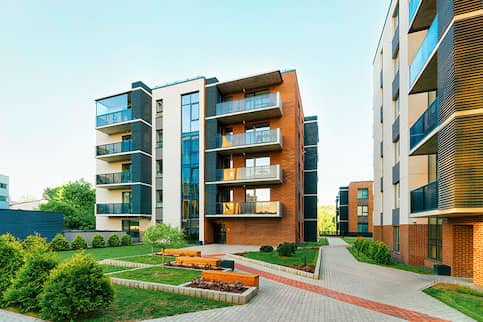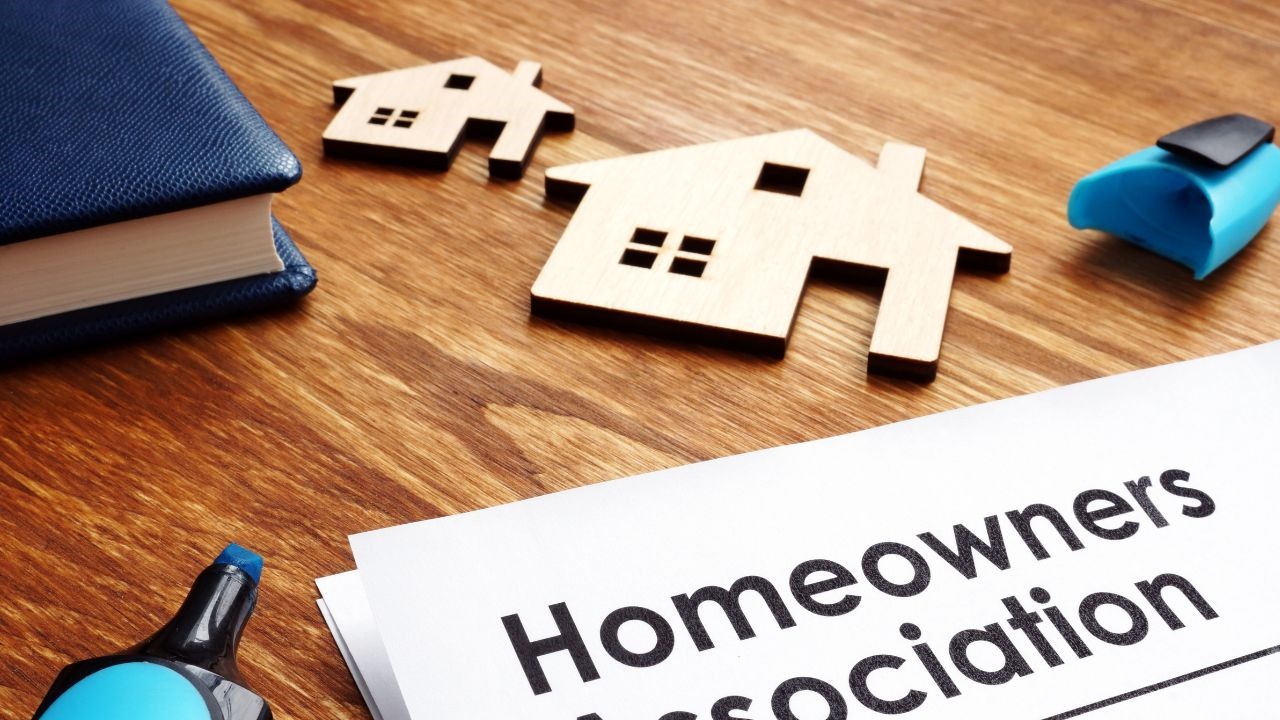The Role of an HOA in Developing and Enforcing Community Standards for Locals
The function of a Homeowners Association (HOA) in establishing and enforcing community standards is basic to preserving a natural and orderly household setting. By creating clear policies that regulate aspects such as home upkeep and area conduct, the HOA not just sets standards for residents yet likewise promotes a sense of belonging and liability.
Comprehending Property Owners Associations
Homeowners organizations (HOAs) act as governing bodies for household areas, playing a vital function in maintaining building worths and fostering a feeling of neighborhood. Typically created by designers, HOAs are composed of home owners within an assigned area who choose a board to manage the association's tasks. The primary features of an HOA include implementing community regulations, handling usual areas, and arranging neighborhood occasions.
HOAs operate under a set of controling files, consisting of constraints, conditions, and agreements (CC&R s), which lay out the legal rights and duties of house owners. These laws intend to make certain that buildings are maintained to a specific criterion, thereby safeguarding the visual allure and total value of the community. Furthermore, HOAs usually collect dues from house owners to money upkeep, landscape design, and various other community services.
The presence of an HOA can substantially affect the living experience within an area (hoa condo). While some homeowners value the organized environment and amenities offered, others may discover specific policies restrictive. Balancing the rate of interests of all house owners is necessary for an HOA to operate successfully, ensuring that it offers its desired objective of boosting area living while valuing private house owner legal rights
Establishing Neighborhood Guidelines

To start, an HOA should conduct surveys or hold meetings that allow locals to voice their issues and ideas. This participatory procedure promotes a sense of ownership and enhances conformity. Next, the HOA board should examine the comments to determine common themes and priorities that warrant official incorporation in the standards.
It is likewise important to make sure that the guidelines are clear, concise, and conveniently recognized. Obscurities can cause conflicts and misconceptions, weakening the function of the guidelines. In addition, the standards ought to be comprehensive, covering numerous facets of neighborhood living, including building upkeep, noise degrees, and use common locations.
Enforcement of Rules
Efficient enforcement of community regulations is important for maintaining order and making certain that all locals comply with the developed standards. An HOA needs to implement an organized approach to implement these regulations, which commonly involves a mix of monitoring, communication, and charges for non-compliance.
First, regular assessments and community patrols can assist recognize violations, making sure that rules are constantly used across the community. This aggressive monitoring enables the HOA to resolve issues prior to they rise, fostering a sense of responsibility amongst residents.
Second, clear interaction is essential. Locals must be educated of the rules and the procedures for reporting infractions. An open line of interaction urges residents to voice issues and seek information on standards, which can boost conformity.
Lastly, when violations take place, the HOA has to implement repercussions as described in the governing records. By properly implementing policies, an HOA can cultivate an unified living setting that shows the collective worths of its citizens.
Benefits of HOA Rules
Many benefits arise from the application of HOA policies, which serve to boost the high quality of life within a community. One key advantage is the maintenance of building values. By enforcing criteria for looks and upkeep, HOAs make certain that homes and typical locations stay attractive, promoting a desirable living environment that can cause increased property worths over time.
Furthermore, HOA regulations advertise consistency and uniformity within the area. This coherence in layout and maintenance assists to develop a sense of belonging amongst residents, adding to area pride and a favorable atmosphere. Established guidelines promote conflict resolution among neighbors by giving clear expectations and protocols for habits, therefore minimizing conflicts.
An additional significant benefit is the arrangement of shared features and solutions. Several HOAs manage community facilities such as parks, swimming pools, and clubs, which boost entertainment possibilities for residents. These amenities not only improve the high quality of life however likewise motivate social interaction.
Eventually, the guidelines stated by an HOA cultivate a well-organized, harmonious community, view website guaranteeing that locals take pleasure in a high requirement of living while promoting a helpful atmosphere for all house owners.
Typical Challenges Faced by HOAs
In the middle of the benefits that home owners associations (HOAs) can provide, they additionally come across a variety of obstacles that can impede their performance. Lots of property owners might not take part in conferences or neighborhood tasks, leading to a detach in between the HOA board and locals.
Conflicts can emerge when residents feel that enforcement is irregular or prejudiced, potentially leading to conflicts within the neighborhood. Furthermore, HOAs often deal with economic restraints, which can limit their capability to preserve usual locations read review or fund community projects.
Moreover, navigating legal complexities can be daunting for HOAs. They must guarantee compliance with state laws while managing their very own controling records, which can be a resource of complication. Developing and changing demographics community click to read more needs call for HOAs to adapt their guidelines, often fulfilling resistance from enduring locals who are accustomed to typical norms. Dealing with these challenges is critical for promoting a harmonious and thriving community.
Conclusion

By formulating clear policies that control aspects such as building upkeep and neighborhood conduct, the HOA not just establishes standards for citizens yet also promotes a feeling of belonging and accountability.Homeowners associations (HOAs) offer as controling bodies for residential neighborhoods, playing a crucial role in preserving building values and promoting a feeling of area. Several homeowners may not take part in meetings or neighborhood tasks, leading to a separate in between the HOA board and residents. Changing demographics and developing area needs call for HOAs to adjust their standards, often meeting resistance from long-standing locals who are accustomed to conventional norms. Through the advancement of clear policies and constant enforcement, HOAs promote home upkeep, neighborhood pride, and count on among locals.
Comments on “Exactly How to Fix Disputes in an HOA Condo Setting”